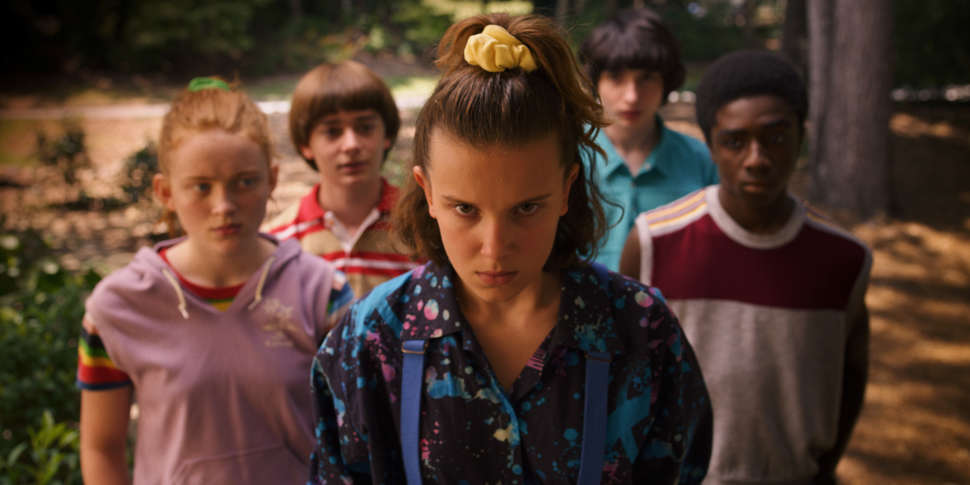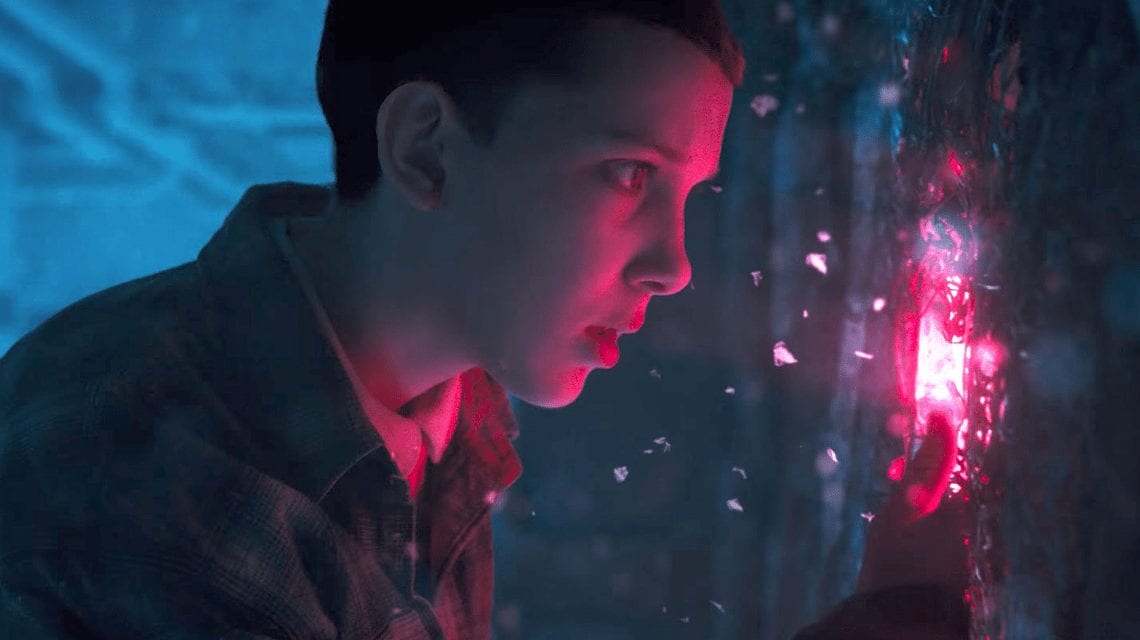
The Broken Hearts Gallery: Sifting through the Stuff
Stuff is a funny thing. I imagine the majority of us can sit down on any given day, look around and ask, ?how did I get all this stuff?? I mean, at least that happens to me actually multiple times a day. I have antique heirlooms, random pieces of clay ?art? that I have accumulated…



